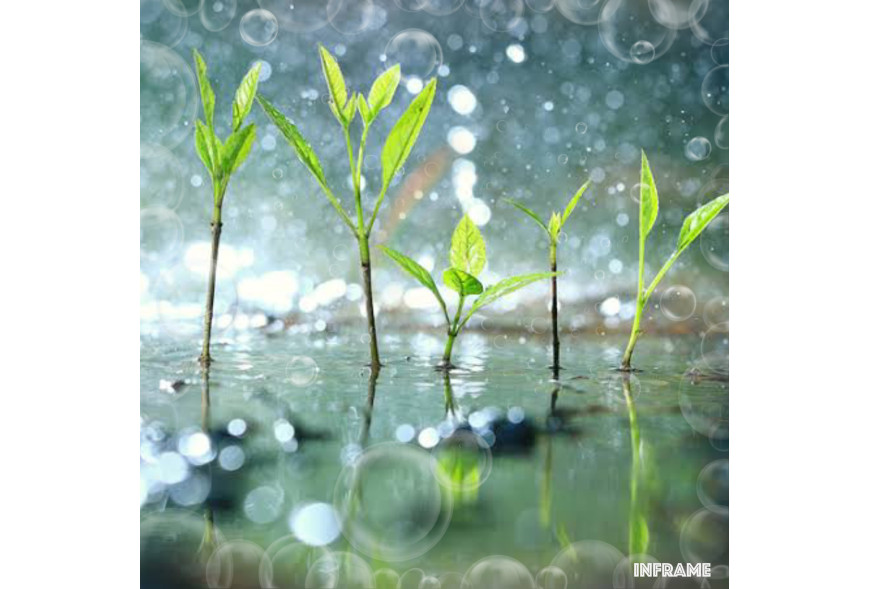Scent of Change: Unraveling the Aromatic Impact of Deforestation, Climate Change, and VOCs on Human Well-being
The Fragrance of Earth: Exploring the Interplay of Deforestation, Climate Change, and Human Well-being
In our ever-changing world, the scents that waft through the air carry more than just pleasing fragrances – they hold clues about the health of our planet and the well-being of its inhabitants. The delicate balance of nature's aromas is intricately tied to various factors, including deforestation, climate change, and the alteration of volatile organic compounds (VOCs). In this scientific exploration, we delve into the complex relationship between the changing scent of the Earth and its potential effects on human mental health and behavior.
Deforestation's Aromatic Echoes
Forests are more than just a collection of trees; they are an intricate ecosystem that generates a unique olfactory symphony. The mingling scents of trees, flowers, and soil create an aroma that humans have been connected to for millennia. However, rampant deforestation disrupts this harmony, replacing the natural bouquet with the sterile smell of progress. As lush forests make way for concrete jungles, the diminishing forest scent can potentially lead to a disconnection from nature, impacting mental well-being and contributing to a sense of loss.
A Whiff of Climate Change
Climate change isn't just altering temperature and weather patterns; it's also transforming the very essence of our surroundings. Rising temperatures, altered rainfall patterns, and increased atmospheric carbon dioxide levels can influence the release of VOCs from plants and soil. These VOCs play a crucial role in creating the characteristic smells of different ecosystems. As climate change shifts these aromas, it might evoke emotional responses, trigger nostalgia, or even cause discomfort. For instance, the scent of a familiar place may change due to shifts in vegetation composition, potentially affecting our sense of place attachment.
Volatile Organic Compounds: The Chemical Perfume of Earth
Volatile organic compounds, or VOCs, are the volatile molecules released by plants and other living organisms. They contribute significantly to the scents that define different environments. These molecules are more than just olfactory cues – they can have subtle yet profound effects on our emotions and behavior. A forest, with its rich mix of VOCs, can induce relaxation and reduce stress, while a coastal breeze carries the scent of the ocean, promoting feelings of tranquility.
The Psyche's Response
The connection between scents and emotions is deeply rooted in our evolutionary history. Olfactory signals can evoke memories, influence mood, and even shape behavior. The Earth's changing aromas, brought about by deforestation and climate change, could potentially disrupt these psychological responses. For example, a diminished forest scent due to deforestation might impact the ability to experience the calming effects that a natural environment usually provides.
A Call for Balance and Restoration
Understanding the nuanced relationship between the Earth's changing scents and human well-being highlights the importance of environmental conservation and restoration efforts. By mitigating deforestation and combating climate change, we can help preserve the diverse and evocative scents that define our planet. Moreover, prioritizing the restoration of natural ecosystems can contribute to the reestablishment of healthier VOC profiles, benefiting both the environment and human mental health.
In conclusion, the fragrant tapestry of the Earth is intricately linked to its health and the well-being of its inhabitants. Deforestation, climate change, and shifts in VOCs can all influence the scents we encounter, potentially impacting our emotions and behavior. As stewards of the planet, it is our responsibility to protect and restore these olfactory signatures, ensuring a harmonious and aromatic future for generations to come.















Leave your reply Cancel Reply